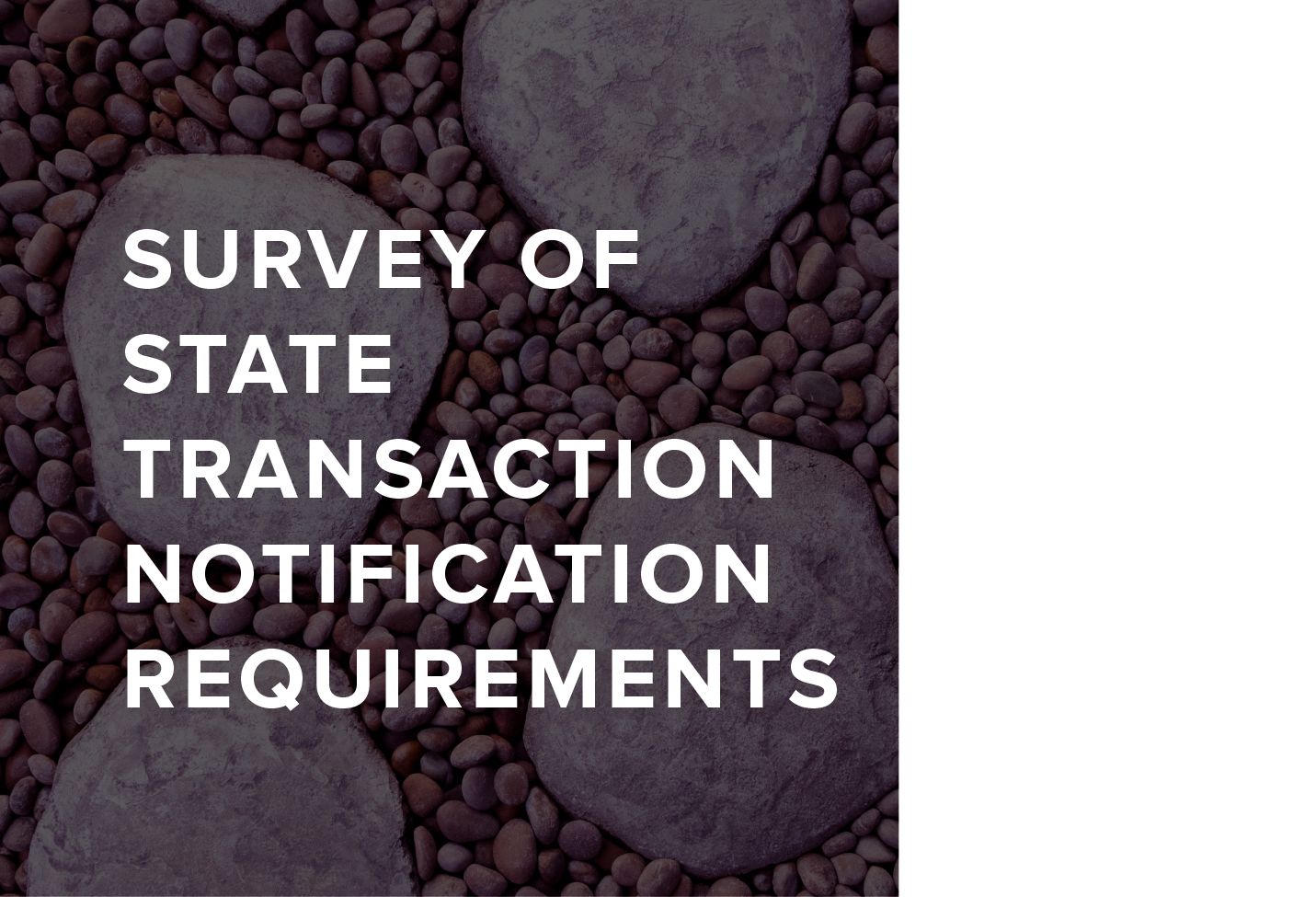Competition Corner
Sort by:
16 results
November 27, 2024
|6 min read
Antitrust Compliance 2.0: Insights from the DOJ’s Updated Guidance
On November 12, 2024, the Antitrust Division of the U.S. Department of Justice (DOJ) issued updated guidance for evaluating corporate compliance programs in criminal antitrust investigations. Although primarily directed at criminal prosecutors, the 2024 guidance also expressly indicates that companies should expect the civil team to use many of the same factors to evaluate the effectiveness of compliance programs for purposes of civil antitrust violations.
January 19, 2024
|5 min read
A Comeback for RPA Price Discrimination Camouflaged as Kickbacks
For nearly a year, the FTC has foreshadowed the revival of the previously dormant Robinson-Patman Act (RPA). With enforcement of the Act potentially forthcoming, companies need to be able to identify, address, and ideally avoid risks that may be embedded in complex supply chain relationships.
October 27, 2023
|6 min read
Searching for Safe Harbor: Navigating Information Exchanges Moving Forward
On February 3, 2023, the Antitrust Division of the U.S. Department of Justice (DOJ) announced that it had withdrawn three policy statements that established certain enforcement “safety zones” or safe harbors for the exchange of competitively sensitive information and benchmarking exercises.
July 13, 2023
|4 min read
With a potential comeback in store for the Robinson-Patman Act, companies need to be able to identify, address, and ideally avoid risks that may be embedded in complex pricing structures and supply chain relationships.
May 22, 2023
|5 min read
Algorithmic Pricing: A Recipe for Antitrust Disaster?
In the age of big data and artificial intelligence, businesses are increasingly using algorithms to make important business decisions. This trend raises antitrust concerns that companies need to be aware of.
April 18, 2023
|5 min read
Consumer Data Monetization: The Antitrust Risks You Need to Know
The collection, monetization, analysis, and use of consumer data have become ubiquitous aspects of modern business in the digital age. Companies, big and small, rely on consumer data to develop targeted advertising campaigns, enhance customer experiences, and create innovative products and services. However, the increasing reliance on consumer data also presents significant and growing antitrust risks for companies operating in the digital sphere.
December 5, 2022
|8 min read
Antitrust 101: Tacit Collusion
Whether tacit collusion—where firms effectively behave as though they are colluding without any direct communication expressing agreement—should give rise to an antitrust violation has long been a contested issue in the United States, with legal opinions varying and evolving over time.
August 5, 2022
|7 min read
Antitrust 101: “Most Favored Nation” Clauses
“Most Favored Nation” provisions have increasingly drawn the attention of both government enforcement agencies and the business community. Notably, recent litigation involving the use of MFN provisions by Valve Corporation in connection with its popular PC-gaming platform, Steam, has spotlighted this increased government scrutiny. Additionally, a number of lawsuits targeting the use of MFN provisions by technology giants like Amazon and Apple indicate that the government is taking a closer look at the use of these provisions. While most businesses have nothing to fear from contracts containing MFN provisions, companies should be aware that there are certain circumstances that may give rise to antitrust scrutiny.
December 6, 2021
|9 min read
Antitrust 101: The Book Publishers Lawsuit and Monopsony Power
On November 2, the U.S. Department of Justice (DOJ) filed a civil antitrust lawsuit in the U.S. District Court for the District of Columbia, seeking to halt the world’s largest book publisher, Penguin Random House, from acquiring its competitor, Simon & Schuster. The case represents the most recent and high-profile example of the DOJ’s focus on monopsony theories of competitive harm.
September 8, 2021
|6 min read
Antitrust 101: Best Practices for an Effective Antitrust Compliance Program
There has recently been a heightened focus on antitrust enforcement as the Biden administration has signaled its intent to vigorously enforce the antitrust laws, including through its appointment of Lina Khan to the Federal Trade Commission and its proposed increases in the budgets of the FTC and Antitrust Division.
March 26, 2021
|5 min read
A Reminder to Trade Associations to Tread Carefully
A federal judge recently dismissed a complaint by two reporters alleging, among other things, that the Hollywood Foreign Press Association (HFPA)—the trade association responsible for the Golden Globe Awards—had illegally denied them membership and its associated benefits, i.e., access to celebrities.
July 14, 2020
Episode 8: The Foreign Trade Antitrust Improvements Act
When can U.S. antitrust laws apply to foreign conduct or foreign sales? In this episode of Winston & Strawn’s Competition Corner Podcast, an Attorney discusses application of the FTAIA to help companies understand the circumstances in which foreign trade can give rise to U.S. antitrust liability.
March 12, 2020
Episode 5: Beware of Corona Cartels!
How does the coronavirus (COVID-19) crisis increase antitrust risk? In this episode of Winston & Strawn’s Competition Corner Podcast, Partner Eva Cole discuss the challenges companies are facing as the virus impacts supply chains, and the steps they should take to mitigate their antitrust risk.
March 5, 2020
|1 min read
There Is No Corona Defense for Cartels
In-house compliance teams should be on alert as the coronavirus (COVID-19) continues to spread. It is often during times of perceived crises or disasters that competitors end up discussing subjects that can be risky from an antitrust perspective (e.g., procurement costs and selling prices).
February 18, 2020
Episode 4: A. Paul Victor’s Take on Leniency Through the Ages
January 21, 2020
|6 min read
Antitrust 101: The Indirect Purchaser Rule of Illinois Brick
Generally speaking, indirect purchasers do not have standing to sue for damages under federal antitrust law – a rule that was first announced by the Supreme Court in Illinois Brick v. State of Illinois, 431 U.S. 720 (1977), and that continues to develop today. For purposes of the rule, a direct purchaser is a person or entity who buys the relevant product (e.g., the price-fixed product) directly from the alleged violator.






